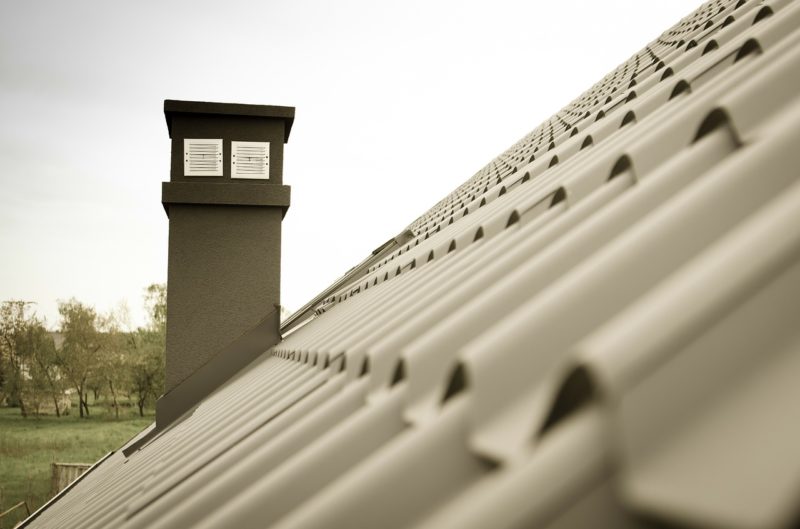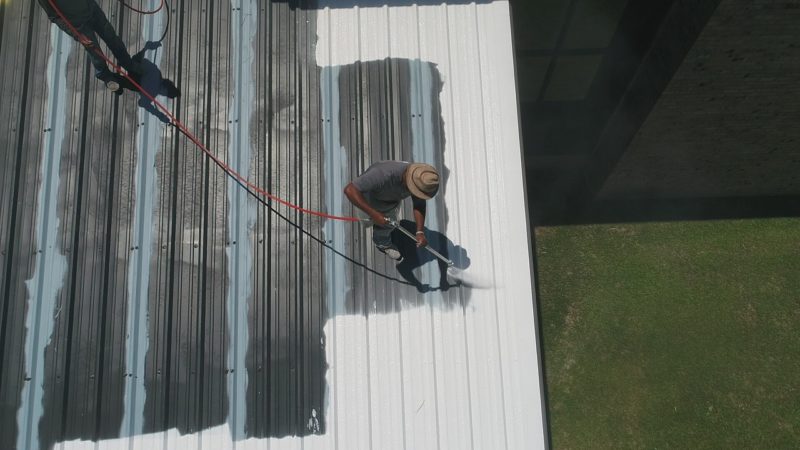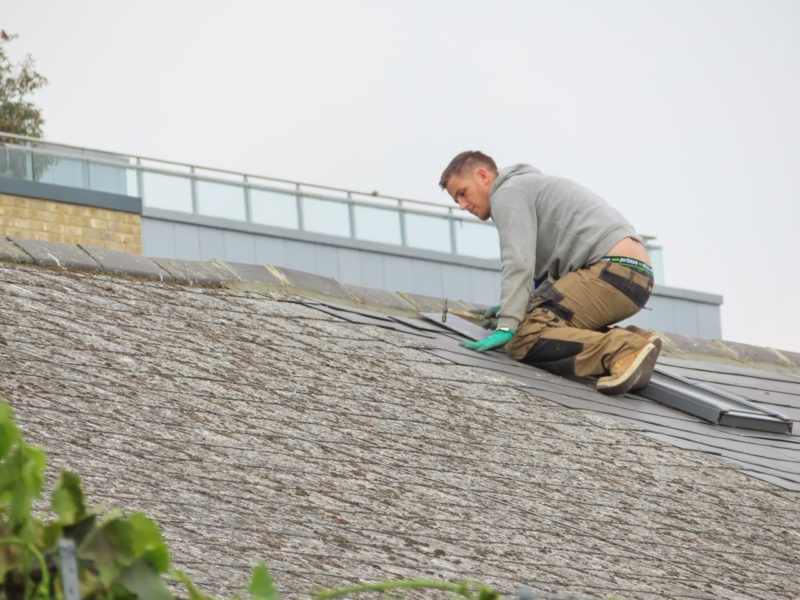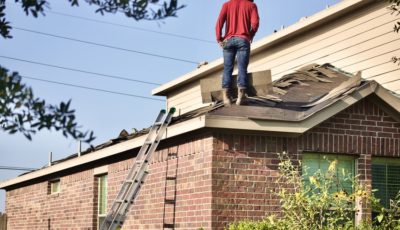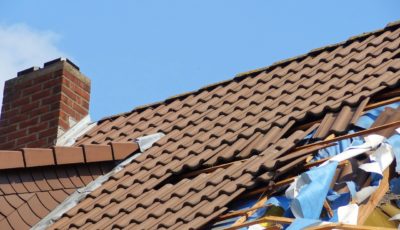4 Ways Your Roof Could Be Raising Your Energy Bill
Is your energy bill too high? If turning off lights and installing power strips hasn’t made a dent, the culprit might be your roof. Roofs are a common energy sink that most homeowners don’t think about. Your roof can absorb too much heat in the summer or let warm air escape in the winter, causing your HVAC to run overtime and your energy bill to soar. Here are four ways that your roof could be making your home less efficient.
Your Roof is the Wrong Color
Did you know that the color of your roof can make it more or less efficient? The right color for your roof depends on the climate where you live. If you live in a warm, sunny climate, choose a light-colored roof like tan or gray to reflect sunlight and keep your home cool. Homes in cold climates can benefit more from a dark-colored roof to absorb heat and lower winter fuel costs.
Your Roof Needs Better Insulation
Installing extra roof insulation is one of the most effective and affordable ways to increase your roof’s energy efficiency. Insulation is important in any climate because it keeps the temperature-controlled air indoors from escaping. If your home has loose fiberglass insulation, consider upgrading to a spray foam or rigid board insulation to better seal your roof. Blown-in insulation can also be used to fill tight spaces.
Your Roof Lacks Adequate Ventilation
An energy efficient roof needs good ventilation as well as good insulation. Hot air rises, and attics can reach extreme temperatures during the hotter months. Your ventilation system is important for getting this hot air out of your home, but too much ventilation can make your heating unit work overtime in the winter.
Your Roof is the Wrong Material
The material your roof is made from is also important for its energy efficiency. Some of the most efficient roofing materials are metal, tile or slate roofing, and asphalt or shake shingles. Metal and tile are especially efficient in hot climates because they reflect sunlight and withstand high temperatures better than other options. Look for the Energy Star logo to make sure your roofing material is the most efficient on the market.
Are you worried that updating your roof is out of your budget? Making energy efficient changes to your roof can pay for itself over time by lowering your monthly energy bills. You may even qualify for tax credits or grants to help cover the cost.
Author Bio
Lizzie Weakley is a freelance writer from Columbus, Ohio. In her free time, she enjoys the outdoors and walks in the park with her three-year-old husky, Snowball.

